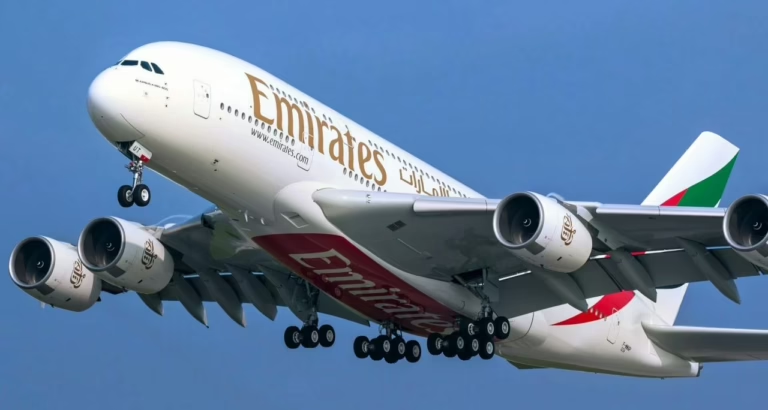Emirates has introduced a comprehensive prohibition on the use of power banks during flights across its entire fleet, citing safety concerns related to lithium battery hazards.
Starting October 1, 2025, the UAE-based airline will no longer permit passengers to operate any power banks while onboard.
In an official statement, Emirates highlighted that although all aircraft are equipped with in-seat charging facilities, travelers are still encouraged to fully charge their electronic devices prior to departure, particularly for long-haul journeys.
This policy update responds to increasing awareness about the dangers posed by lithium batteries commonly found in power banks. These devices, which often contain lithium-ion or lithium-polymer cells, carry risks of overheating, combustion, or even explosions if they become damaged or are improperly charged.
Such hazardous events are frequently caused by a phenomenon known as thermal runaway, where heat generation accelerates uncontrollably, surpassing the battery’s ability to cool down.
While modern smartphones generally incorporate protective mechanisms against overcharging, many standard power banks lack these safety features, elevating the potential for accidents.
Key points passengers should be aware of under the new regulations include:
- Each traveler may carry only one power bank with a capacity below 100 Watt-hours.
- Use of power banks to charge devices during the flight is strictly forbidden.
- Charging power banks via the aircraft’s electrical outlets is not allowed.
- Power banks must clearly display their capacity ratings.
- Storage of power banks is limited to the seat pocket or under the seat; they are not permitted in overhead compartments.
- Power banks continue to be banned from checked baggage.
Emirates emphasized that these precautions are designed to minimize risks by restricting in-flight usage while ensuring power banks remain within easy reach, enabling cabin crew to act promptly if an emergency arises.
The airline reaffirmed that safeguarding passenger well-being remains its foremost operational commitment.
























